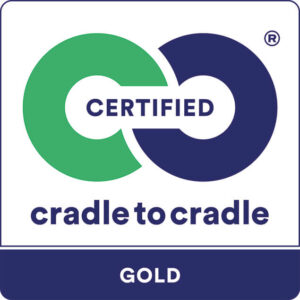Since 1935, Troldtekt acoustic panels have been manufactured from the natural material wood, and cement extracted from Danish mineral resources. Troldtekt design, develop and manufacture the panels in Denmark – from local materials and under state-of-the-art and eco-friendly conditions.
Today, Troldtekt acoustic panels are among the leading and preferred solutions for ensuring high quality sound environments. Troldtekt panels can clad ceilings and walls in offices, commercial and industrial buildings and in public facilities such as schools, kindergartens, cultural centres, sports centres, swimming pools as well as private residences.
Troldtekt makes a real audible difference, including in minimalist architecture where good acoustics are often challenged by the extensive use of hard surfaces.
Since 2012, Troldtekt’s business strategy has been based on the sustainable and internationally recognised Cradle to Cradle concept. The vision behind Cradle to Cradle is a world where manufacturers design their products for a circular economy – that is, where the materials can be returned to the new cycle. At Troldtekt, the holistic approach of the Cradle to Cradle concept is shared.
Since 2022, Troldtekt has been part of the Kingspan Group, a listed Irish building materials company with operations in more than 70 countries. With its Planet Passionate programme, Kingspan is pursuing ambitious climate goals that are very much in line with Troldtekt’s Cradle to Cradle strategy. Kingspan’s ambitious targets include zero waste to landfill in 2030 and net zero carbon manufacturing in 2030.
Good acoustics with a focus on sustainability
With an intense focus on making a positive contribution to the environment, Troldtekt bases its business strategy on the internationally recognised Cradle to Cradle principles of the circular economy. This means it is fully focused on sustainability throughout the lifecycle of its products, from the extraction of raw materials and production, to the use and re-use of its used acoustic panels. For more details see here.

